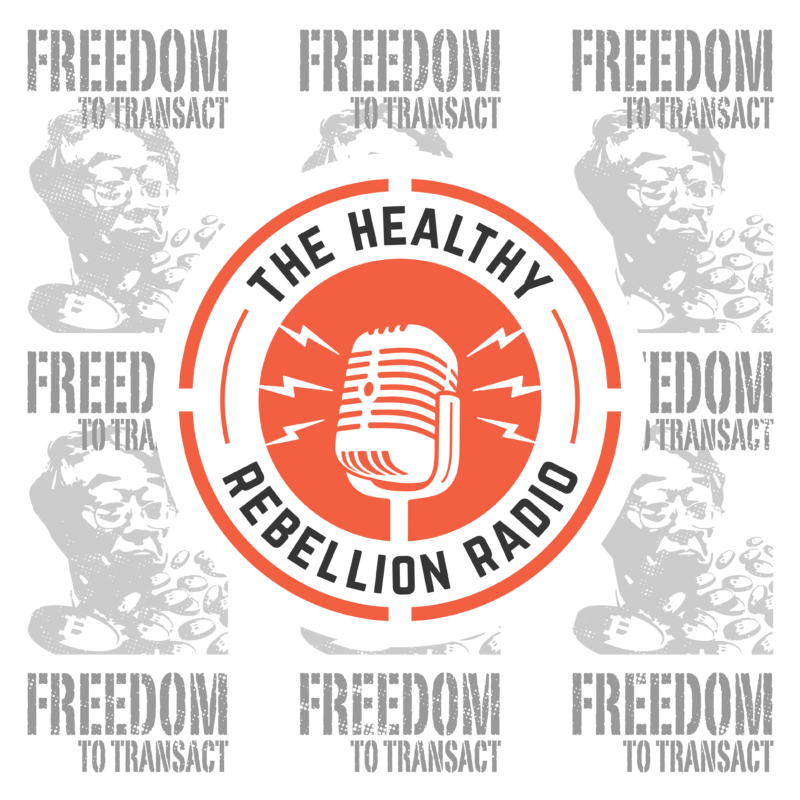Robb Wolf – Blood Sugar Fluctuations, Paleo at Altitude, BJJ in Your 40s

Please Subscribe and Review: Apple Podcasts | RSS
Submit your questions for the podcast here
News Topic:
Show Notes:
Michael Rose – What Evolution Teaches Us About Living Longer (Ancestral Health Today Episode 005)
Fat Fueled Sheep Hunting with Gina Shively | Salty Talk 019 | THRR
Modern Wisdom #676 – Eric Weinstein – Why Can No One Agree On The Truth Anymore?
Questions:
Unusual blood sugar fluctuations
Jack writes:
Hi Robb,
Long-time fan of your work, first time trying to reach out to you. Thanks very much for any insight you are able to provide. I have been tracking my blood sugar levels over the past 6 months after getting some results from my primary care provider that showed my fasting blood glucose at 93, and my HgA1C at 5.6. Both of these have steadily crept up over the past 5 years. My primary care provider was not concerned because I technically didn’t fall outside of any “normal” range, but I have tried making my way through a good chunk of “Your Blood Never Lies” by James LaVelle, and I decided to try to dig into my tendencies a bit more after seeing a number of things “trending” in the wrong direction, though still “normal.” I am a 38-year-old father of two kids ages 1 and 3, and I want to do the best I can to optimize my health for them.
I am about 162 lbs and roughly 12% bodyfat. Resting heart rate hovering in the high 40s and low 50s, blood pressure typically about 115/65. After getting a home glucose monitoring kit and tinkering with my diet, I found a decent rhythm and meal plan that allows me to largely avoid blood sugar spikes throughout the course of the day. I almost never see my blood sugar rise higher than about 125, and only once or twice saw it higher than 140 in the past 6 months. I respond decently well to my meals and snacks per the recommendations Chris Kresser gave for 1, 2, and 3 hour post eating readings. For a period of time, my fasting blood glucose was pretty consistently between 78 and 90, which I was very excited about. However, over the past 5-6 weeks I have been getting lots of high 90s, low 100s, and even some 110-115. Interestingly, my blood sugar will fall lower though throughout the day (typically to between 90-110, even down to as low as 80 in the late afternoon when I get home from work).
I am a strength and conditioning coach and currently get to workout 3-4 times per week for 30 minutes or so doing kettlebell circuits and the occasional run. My sleep has not been particularly great the past several months due to my son and daughter’s nightime routines and sleep habits. I have lately tried to go to bed earlier when my daughter does in an attempt to get about 8 hours, but it was routine for me to get more like 6.5-7.5 hours “in bed,” while oftentimes waking up several times per night and/or having a tough time falling asleep. I eat pretty well, though not 100% clean, during the week, and kick my heels back a bit on the weekend with some pizza and booze, but I wouldn’t say I completely blow the doors off. These diet practices have been pretty consistent during the period of time before my morning blood sugar began to consistently be lower, and also now that it has gradually crept higher over the past 5-6 weeks.
- A) What do you think could be causing morning blood sugar to be on the “higher” side even if I eat fairly low/clean carb and haven’t changed much diet wise over the past 6 weeks?
- B) If morning glucose is “high” but returns quickly to these 100-110 levels after my eating most of the time and I rarely spike higher than 125 or so, is that still bad for my health, or is an elevated “baseline” ok as long as I don’t consistently get higher than 140 or so as I read in Kresser’s article?
Thanks so much for any insight you can share!
Staying Paleo in the Mountains
Lucia writes:
Hi, I’m 39 years old and I practice mountaineering. World wide the food recommended while being in the mountains specially over the 4000 meters (where the body battles to adapt to less oxygen and lower temperatures) is a diet rich in carbs and sugars to access glucose faster, since the physical demand is huge and these are easier to access.
Since it´s particularly important to reduce the amount of weight we carry in our backpacks and we are not able to keep this food refrigerated, I´m wondering if you are familiar with this activity, and what would you suggest to eat, and how during an ascent and the days before and after, to stay paleo and cover the demands of my body.
Ps: I usually loose a lot of weight every time i go, that includes tons of muscle lost.
BJJ in your 40s
Chris writes:
Dear Robb and Nicki,
Thanks so much for the great podcast. Lovin it!:)
I have a question regarding BJJ:
I’m turning 39 next month and a bit in a midlife crisis: I’m pretty fit, doing my zone 2 and strength training regularly but I miss a bit the elements of play and community in my life. Zone 2 workouts are a bit lonely:)
I know you two are doing Jiu Jitsu and I want to give it a try. Do you have any tips for starting with 39 and training into your 40s? How do you avoid injuries? Any chance to keep nice ears?:)
How did your training approach evolve? My goal is character development and community. Do you think BJJ is ideal for that?
Hope you have some insight! Thanks so much:)
Chris
Sponsor:
The Healthy Rebellion Radio is sponsored by our electrolyte company, LMNT.
Proper hydration is more than just drinking water. You need electrolytes too! Check out The Healthy Rebellion Radio sponsor LMNT for grab-and-go electrolyte packets to keep you at your peak! They give you all the electrolytes want, none of the stuff you don’t. Click here to get your LMNT electrolytes
Transcript:
Transcript coming soon…
Submit questions for the podcast: https://robbwolf.com/contact/submit-a-question-for-the-podcast/
 Don’t forget, Wired to Eat is now available!
Don’t forget, Wired to Eat is now available!
Amazon, Barnes & Noble, IndieBound, iBooks








